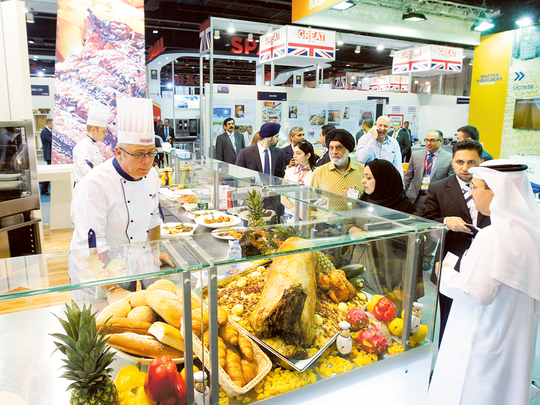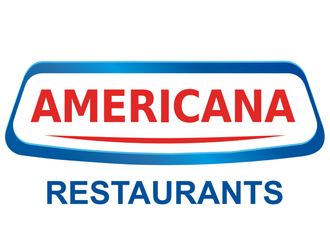
Dubai: Palestinian food and beverage companies are hopeful of using this week’s Gulfood exhibition in Dubai to springboard their latest regional expansion plans.
There are 12 Palestinian companies, which manufacture everything from dates to ice-cream and meats, exhibiting at this year’s show, according to the Gulfood website.
“The interest was enormous last year,” said Mo’men Sinokrot, managing director of Palestine Gardens, a division of Sinokrot Group, which is exhibiting at Gulfood for the second time.
Palestine Gardens manufactures fresh produce and tinned products in Palestine that are exported to the United States, Europe, Turkey and countries in the Gulf.
Sinokrot said exhibitions like Gulfood are one of the only ways to launch into new markets because of travel restrictions in occupied Palestine.
“It’s hard to bring people to you,” he said.
Al-Arz, a fourth generation Palestinian family-owned ice-cream manufacturer exhibiting at Gulfood, has “plans to expand across the whole region,” said Ramzi Anabtawi, the company’s assistant general manager, exports.
Al-Arz, which is in the process of tripling its capacity with the opening of a new production facility in Nablus in the West Bank, claims to hold 35 per cent market share in Palestine.
Anabtawi is hopeful of landing contracts with buyers in the six Gulf Cooperation Council countries, which includes the UAE, this week.
Companies operating in Palestine are met with high distribution costs. Products for European and US markets must be exported through Israel while products for the Gulf and other Arab countries must be exported by land via Jordan. This raises the costs of Palestinian products, which can deter some buyers.
But Palestinian food and beverage executives also say the industry finds it difficult to attract new customers because the country has struggled to develop a reputation for a quality food and beverage products.
“We don’t have this reputation of people knowing food comes from Palestine,” Sinokrot said.
Anabtawi, believing Palestinian companies need to do more to market themselves, agrees. “We have high competing products and high quality [products], but we need to let people know about them,” he said.












